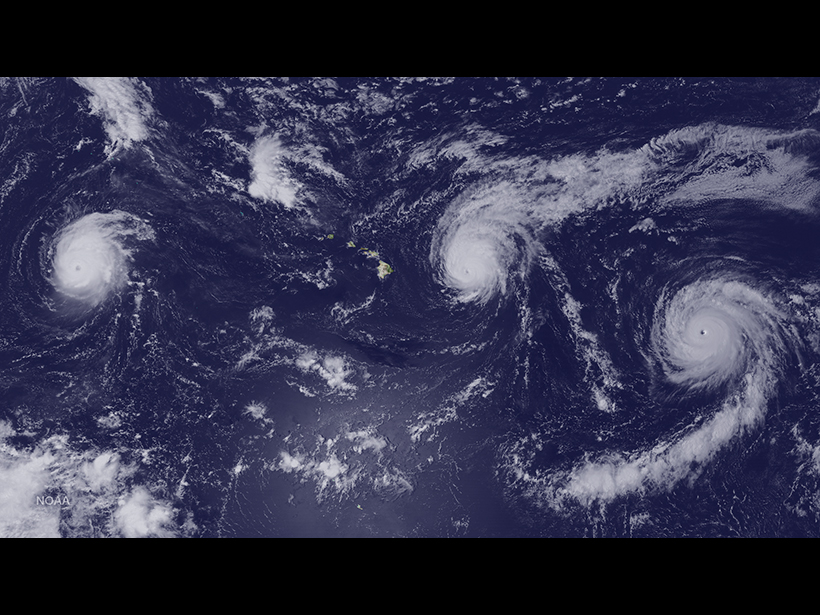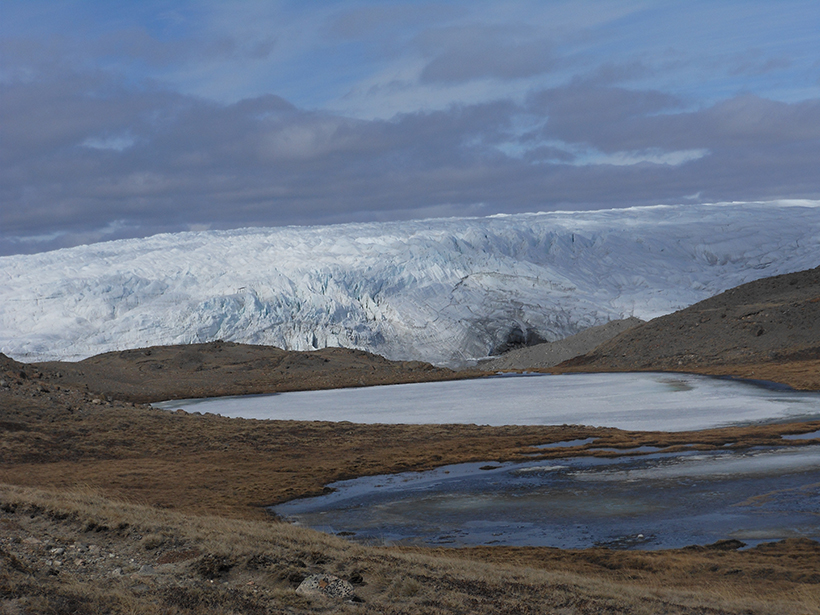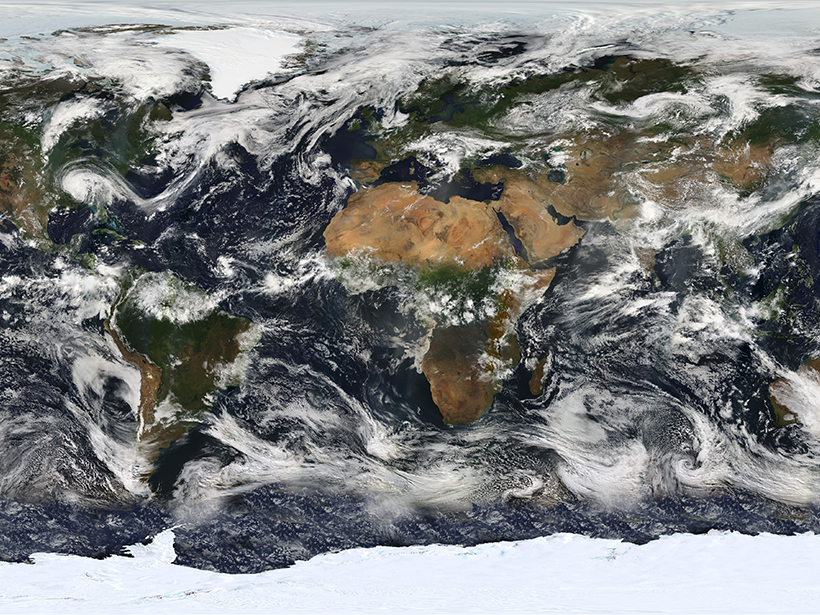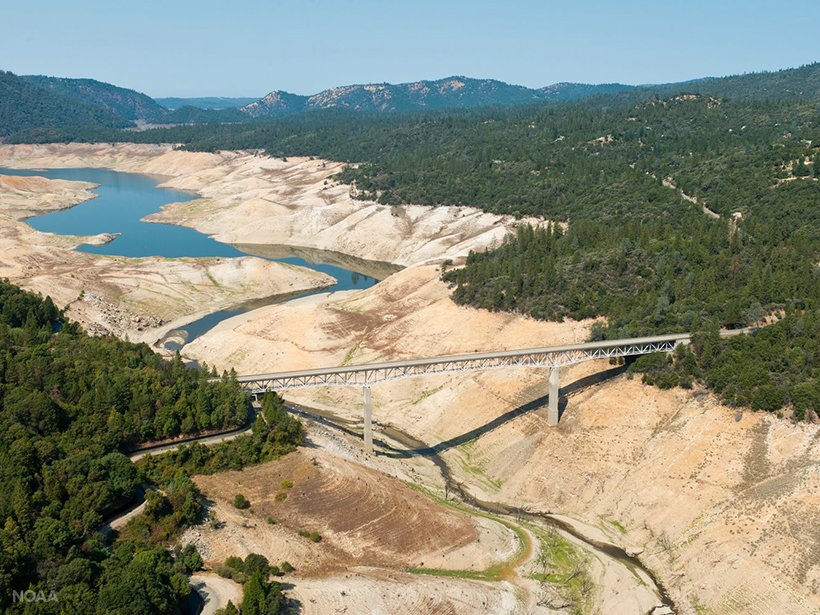A new model shows that the Intertropical Convergence Zone wasn't always a single band around the equator, which had drastic effects on climate.
Climate Change
Why 2015 Was a Big Hurricane Year for the Eastern North Pacific
Record-breaking oceanic and atmospheric conditions led to a remarkable season in a key Pacific hurricane development region.
Climate-Driven Change in Ice-Free Areas of Greenland
KAIRN (Kangerlussuaq International Research Network) 2nd Annual Meeting; Acadia National Park, Maine, 4–7 May 2016
Europe to Push Paris Climate Accord over Brink to Take Effect
Enough member states in the European Union have already individually ratified the agreement to meet the emissions requirement for the agreement to go into force.
Developments in Ice Core Research on Past Climate Change
IPICS 2016 Open Science Conference; Hobart, Australia, 7–11 March 2016
Eliminating Uncertainty One Cloud at a Time
The impact of clouds on climate change has been a scientific mystery for decades. Now researchers are fighting to gain the upper hand.
Mars’s Climate May Have Been Wet Much Later Than Thought
Water-carved valleys may be relatively young, challenging assumptions about the history of the Red Planet's climate.
Climate Change, Groundwater Management, and California's Future
Conference on Climate Change and the Sustainable Groundwater Management Act; University of California, Davis, California, 4–5 April 2016
Tide Gauge Records May Underestimate 20th Century Sea Level Rise
Tide gauges can help measure sea level change, but their limited locations and short records make it hard to pinpoint trends. Now researchers are evaluating the instruments' limitations.
The Arctic Freshwater Synthesis
The result of international study and coordination, this Special Issue provides an important "state-of-the-science" review of changing systems and their potential impacts.










